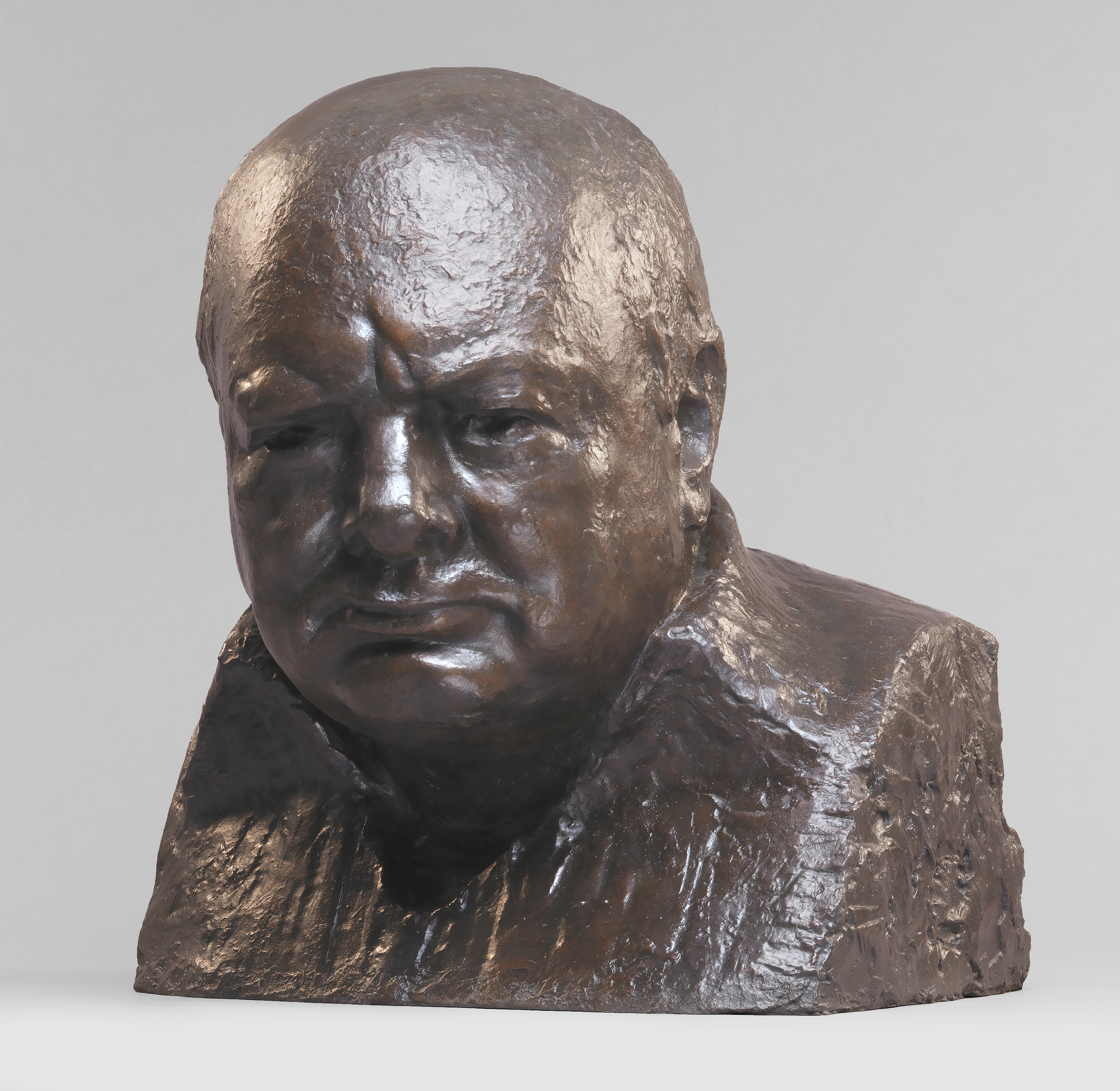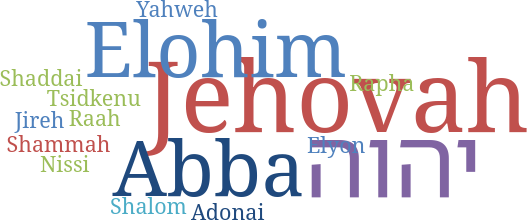Pre-Tribulation, The Messiah, and Islam
Listen to the podcast
As a staunch advocate of the Pre-Tribulation Rapture belief, I maintain an unwavering stance on the imminence of the Messiah’s return. This belief underscores a critical question about representation and stands. What one stands for and represents shapes not only personal identity but also the very manner in which one interacts with the world and its multifaceted beliefs.
Those who identify with the Mid-Tribulation perspective hold that Jesus will return amidst the tribulation, while Post-Tribulation adherents believe that Jesus’ return will signify the culmination of a period of extended tribulation. While these stances differ, my position remains fixed; irrespective of the timing, the anticipation is for a union with Jesus at the final trumpet call.
History has witnessed a succession of tyrants – from the rule of Ottoman to Napoleon and then to Adolf Hitler, each believed to be the epitome of evil in their time. Hitler's heinous acts, influenced in part by Martin Luther’s writings, have led some to question the link between theology and such atrocities. The arrival of the 21st century brought new terrors with the emergence of ISIS, intensifying declarations that we are indeed living in the end-times.
Our Wokeness/Political Correctness feeds into this through the swift removal of Confederate items from retailers' shelves after the Charleston murders in 2015 evidence of our ongoing struggles with these issues. We try to remove the lessons from history by eradicating that exact history and knowledge from our curriculum and our social narratives, setting ourselves up for a continuous repeat in our woke society.
However moving eight years forward from writing this message even more heinous crimes took place when on October 7, 2023, the terrorist organization called Hamas, butchered the elderly, men, women, even those pregnant and children, maiming, raping, and decapitating them. And again, and again, within our wokeness, we have bitten ourselves and are not able to see the truth. The assertion that the Quran is a text of peace must be juxtaposed with the reality of its history, it is marred with violence, the Quran, contains a myriad of violent narratives. The contemporary acts of violence do not render our age less violent than those past; rather, they contribute to the continuing narrative of human brutality.
This concept of choice and representation is antithetical to the dictates found in the Quran, where compulsion in matters of faith is evident (Qur'an 8:39) and the Hadith which also speak to the enforcement of religious adherence (Sahih Muslim 1:33).
Qur'an (8:39) -
“And fight them until there is no more Fitnah (disbelief and polytheism: i.e. worshipping others besides Allah) and the religion (worship) will all be for Allah Alone [in the whole of the world ]. But if they cease (worshipping others besides Allah), then certainly, Allah is All-Seer of what they do.” Translation from the Noble Quran
and from another book of Islam the Hadith
Sahih Muslim (1:33)
The Messenger of Allah said: "I have been commanded to fight against people till they testify that there is no god but Allah, that Muhammad is the messenger of Allah, and they establish prayer and pay zakat."
The first part of this condition is the Shahada, or profession of faith in Islam otherwise violence is sanctioned until the victims embrace Muhammad's religion.
This is the biggest difference in Islam versus Christianity and Judaism that people are blind to in our politically correct society.
The ultimate tribulation spoken of in the Bible differs from our current trials, which are characterized by a lack of guidance, morals, and respect for property and life. Our current challenges are not the great tribulation.
Yet, I must articulate that as dire as our times may seem, they pale in comparison to what the tribulation period will usher in, a time when the supernatural will eclipse all prior human malevolence.
The debate on whether current events signal the tribulation speaks to a broader disillusionment with the prevailing lack of moral and spiritual guidance. Although these times are fraught with challenges, they do not equate to the Great Tribulation as foretold in the Bible.
John 5:39-40 (CEB)
39 Examine the scriptures, since you think that in them you have eternal life. They also testify about me, 40 yet you don’t want to come to me so that you can have life.
In the Gospel of John, Jesus challenges the Pharisees to understand that the Scriptures point towards Him (John 5:39-40 CEB). They provide a testimony of Jesus, yet they alone cannot confer eternal life. It is not merely through knowledge or adherence to the words but through a willing and purposeful communion with Christ that one attains eternal life. This underscores the importance of personal choice and the distinction between intellectual assent and a transformation of the soul.
The Apostle Paul emphasizes the nature of the spiritual warfare Christians engage in, highlighting that the weapons of this warfare are not of the flesh but have divine power to destroy strongholds (2 Corinthians 10:1-4 TLV).
2 Corinthians 10:1-4 (TLV)
1 Now I, Paul, appeal myself to you by the meekness and gentleness of Messiah—I who am humble when face to face with you, but bold toward you when far away.
2 I beg of you that when I am present I won’t need to be bold with the courage I consider showing against some who judge us as walking in the flesh.
3 For though we walk in the flesh, we do not wage war according to the flesh.
4 For the weapons of our warfare are not fleshly but powerful through God for the tearing down of strongholds. We are tearing down false arguments
This battle is for souls, not for the subjugation of bodies or minds through coercion. True conversion to faith in Christ cannot be compelled but must arise from a freely made choice.
Such texts contrast sharply with the Christian call to willingly follow Christ, a distinction poignantly noted by Winston Churchill in his historical account of the Reconquest of the Soudan, where he reflects on the paralyzing effect of Islam on the social development of its adherents.
Winston Churchill wrote,
“Individual Muslims may show splendid qualities, but the influence of the religion paralyses the social development of those who follow it. No stronger retrograde force exists in the world. Far from being moribund, Mohammedanism is a militant and proselytizing faith.”
http://www.snopes.com/politics/quotes/churchillislam.asp
The fundamental question of what one stands for, whom one represents, and how one represents their beliefs is as crucial today as it has ever been. It is the defining mark of our identity as individuals and as followers of a faith tradition. For believers in Christ, it is the embodiment of His teachings through action, word, and deed that forms the core of our witness to the world.
Is this maybe a reason why President Obama returned the bust of Winston Churchill from the Oval Office back to the British Consul?
It is a question that will likely remain open for many years to come, and we are not in the business of speculation; rather, our mission is to clarify and actualize God's word as found in the Holy Bible. Hence, we notice a significant divergence between the two religions that ostensibly derive from the same foundational source.
In Islam, one can be coerced into conversion by adhering to prescribed prayers and obligations. Conversely, Christianity requires a voluntary surrender of one's beliefs to Jesus (Yeshua). This surrender involves entrusting all that you hold dear into His care, continuing to work on it only if it aligns with His will and plan, and recognizing yourself as merely a steward. If it does not align, then you are called to turn away completely—a process known as repentance.
When Jesus speaks of the unwillingness to come to Him for life, He recognizes the impediments that hold one back—the sin, the defiance of God's law, the very thing that at the moment takes precedence over Him. He does not desire mindless adherence, but rather a free and willing surrender, so that His blessings are bestowed upon the individual, not upon sin or the world.
As Christians proclaiming to follow the Messiah, one must ask:
- What do you stand for?
- Whom or what do you represent?
- How do you represent this belief?
- Is it with positivity, enthusiasm, or indifference?
Jesus stood for God on earth, embodying both human and divine nature. As followers seeking to represent Christ, we aim to represent God through the Holy Spirit. This representation encompasses the Trinity: God the Father, Son, and Holy Spirit, with whom we have a personal relationship.
Addressing Him as; My God, Elohim, Yehovah, YhWh, Yeshua, Jesus, Holy Spirit, Ruach HaKodesh, Jehovah Rapha, Nissi, Rohi, Yireh, Jehova Makodesh, Tzidkenuh, Jehovah Shalom, El Olam, El HaShamayim, I call Him, Abba, Father.
The Christian community often grapples with fear—fear of being labeled as zealous, judgmental, or hypocritical. And yet, despite the common adage "love the sinner, hate the sin," many fail to comprehend the nature of sin and its universal scope, as articulated by Paul in Romans 3:23: "All have sinned and fall short of the glory of God." My gluttony and loss of temper is as much a sin as some one elses adultery, homosexuality, or murder. Without Christ's forgiveness, the path to heaven is barred.
The epistle of 1 Timothy 6:1-14 offers profound guidance on living a life of faith. Servants are instructed to respect their masters to prevent the slander of God's name and teachings. The pursuit of riches is critiqued, warning of the temptations and snares associated with such desires, which can lead to ruin. It is the love of money, not money itself, that is described as a root of evil.
1 Timothy 6:1-14 (TLV)
1 Let all who are under the yoke as slaves consider their own masters worthy of full respect, so that God’s name and our teaching may not be slandered.
2 And let those who have believing masters not disrespect them because they are brothers, but serve them even more, since those who share in the benefit are believers and loved. Teach and encourage these things.
Finding True Riches
3 If anyone passes on a different teaching and does not agree with sound words, those of our Lord Yeshua the Messiah, and with the instruction in keeping with godliness,
4 he is prideful, understanding nothing. Instead he is obsessed with arguments and disputes about words—out of which come envy, strife, slander, evil suspicions,
5 and constant friction between people corrupted in mind and deprived of the truth, who suppose that godliness is a means of gain.
6 Now godliness with contentment is great gain.
7 For we brought nothing into this world, So we cannot take anything out of it.
8 But having food and clothing, with these things we shall be content.
9 But those who want to be rich fall into temptation and a trap and many foolish and harmful desires that plunge men into ruin and destruction.
10 For the love of money is the root of all kinds of evil—some, longing for it, have gone astray from the faith and pierced themselves through with many sorrows.
11 But you, O man of God, flee from these things and pursue righteousness, godliness, faithfulness, love, perseverance, and gentleness.
12 Fight the good fight of faith! Take hold of the eternal life—you were called to it, and you made the good confession for it in the presence of many witnesses.
13 I charge you before God who gives life to all things and Messiah Yeshua who testified the good confession before Pontius Pilate,
14 to keep this command without spot or blame until the appearing of our Lord Yeshua the Messiah.
As Christians, we are called to a different battle: the "good fight of faith." Our struggle is not against flesh and blood but against spiritual forces of evil, as noted in Ephesians 6:12. The Christian life is a pursuit of righteousness, godliness, faith, love, perseverance, and gentleness—a stark contrast to a world seeking control and compliance.
Ephesians 6:12 (AMP)
12 For we are not wrestling with flesh and blood [contending only with physical opponents], but against the despotisms, against the powers, against [the master spirits who are] the world rulers of this present darkness, against the spirit forces of wickedness in the heavenly (supernatural) sphere.
To embody Christ in the world, one must be positive, encouraging, and enthusiastic, making oneself valuable both in the workplace and in God's vineyard. The apostle Paul exhorts believers to live boldly and confidently until the return of our Lord Yeshua the Messiah. It is not about passively awaiting Christ's return but actively working to bring more souls to Him, becoming His ambassadors.
As Christians, we are called to a different battle: the "good fight of faith." This is not merely a figure of speech but a profound reality. The good fight of faith is indeed a spiritual battle, one that contends for the souls of mankind against satan's machinations. Satan desires all to be trapped by a one-world religion of forced control and compliance, a stark contrast to the faith of surrender to Yeshua, to Jesus, who grants us true peace as only He, our Jehovah Shalom, can.
The epistle of 1 Timothy 6:1-14 provides profound guidance on living a life of faith, and further down in verse 11, it is written for the man of God:
1 Timothy 6:11
"But you, O man of God, flee from these things and pursue righteousness, godliness, faithfulness, love, perseverance, and gentleness.”
This pursuit encompasses not only righteousness and justice but correctness in words and deeds—a striving to live more and more as God desires. Being faithful, filled with love, not  easily giving up, showing perseverance, and doing all this with gentleness.
easily giving up, showing perseverance, and doing all this with gentleness.
To embody Christ in the world, one must take hold of eternal life, as Paul says—not that you are held into eternal life, but that you should grasp it, and hold on to it firmly. You were called, your name announced on the P.A. of life, beckoning you to come and claim your eternal life, which you did, professing it before the congregation of believers. Now Paul exhorts us: do not be shy, but be bold; do not be negative, but be positive; do not be indifferent, but be enthusiastic. Does this mean we rest on the laurels of being called to be with Jesus, content to see the world decline? Absolutely not. We must work even harder to bring more souls to Christ, to be His ambassadors, His business card, rather than promoting our own agendas.
Jesus Christ is Lord of your soul, unequivocally so. Then let us call up more people so that they might be spared from the real tribulation—a time that will make our current age seem but a shadow in comparison. It is no longer your name on the title deed of life; it is His. In every action, every endeavor, let it be an act of praise to the Lord. To praise Him necessitates boldness, positivity, and enthusiasm.
In all you do, in every aspect of life—Yes, praise the Lord.
Amen.
Sermon Notes by Pastor Christiaan J. de Ruiter are licensed under CC BY-NC-SA 4.0
Note: The content provided here represents the foundational notes for a sermon or teaching, and should not be misconstrued as a complete transcript or a fully articulated sermon.
It is our profound belief that the Holy Spirit operates through the preacher, guiding and inspiring the delivery to resonate with the needs and convictions of the congregation.
These notes typically form the basis for a 30 to 45-minute sermon or teaching, allowing the Holy Spirit's guidance to shape the specific message and application to the gathered believers. The essence of these teachings is not merely in the written words but in the inspired delivery and connection with the congregation, led by the Spirit.








